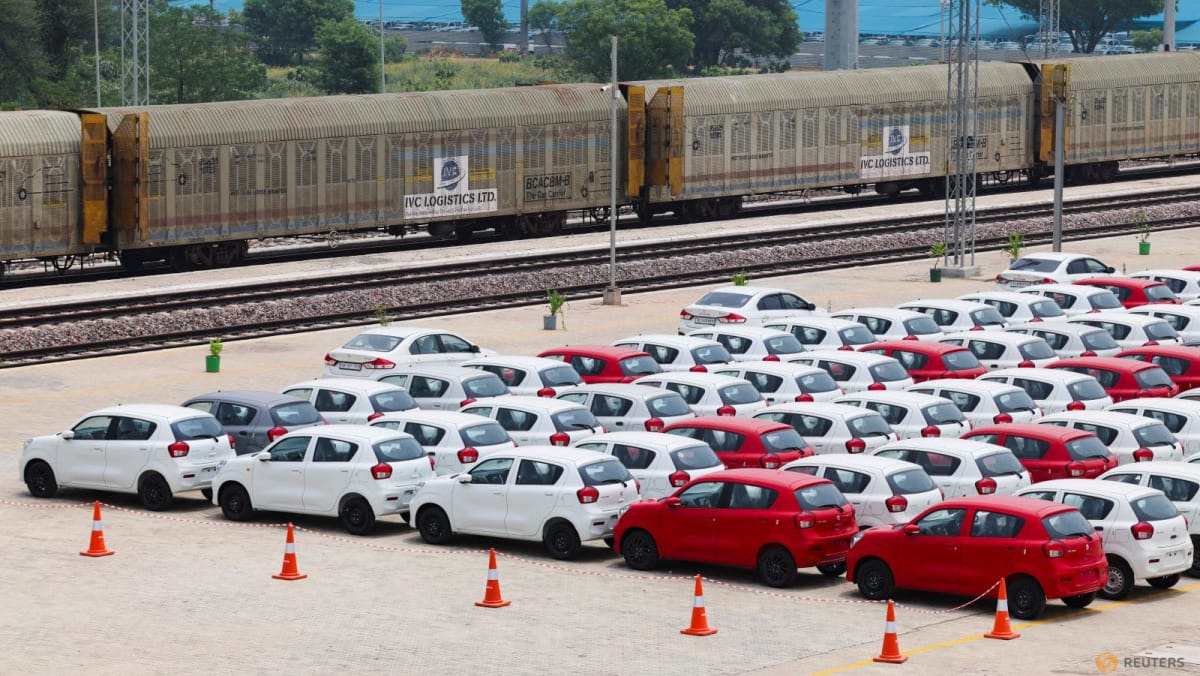

India has formally proposed retaliatory tariffs against the United States at the World Trade Organization (WTO) in response to U.S. tariffs on automobile parts. This move comes amidst ongoing trade negotiations between the two countries.
The U.S. imposed a tariff increase of 25% ad valorem on imports of passenger vehicles, light trucks, and certain automobile parts from India, effective from May 3, 2025. India argues that these safeguard measures are inconsistent with the General Agreement on Tariffs and Trade (GATT) 1994 and the WTO Agreement on Safeguards. Furthermore, India has pointed out that the U.S. has not officially notified these measures to the WTO.
In a notification to the WTO's Council for Trade in Goods, India outlined its plan to suspend concessions or other obligations under the WTO framework. This suspension would take the form of increased tariffs on selected products originating in the United States. India aims to collect an equivalent amount of duty from U.S. products, mirroring similar measures taken last month against U.S. tariffs on steel and aluminum.
According to India's notification, the U.S. tariffs are expected to affect Indian exports worth $2.895 billion annually, resulting in an estimated $723.75 million in duty collection. Consequently, India's proposed suspension of concessions would result in an equivalent amount of duty collected from products originating in the United States. India has also reserved the right to modify the list of targeted products and tariff levels as necessary.
India has maintained that the U.S. measures are essentially safeguard measures that have not been notified to the WTO. As consultations sought by India regarding these tariffs have not taken place, India has invoked its right under WTO rules to suspend equivalent concessions. The notification circulated at the WTO on India's request states that India reserves the right to suspend concessions or other obligations.
This development is particularly significant as India and the U.S. are actively engaged in negotiations for an interim trade agreement aimed at boosting bilateral trade ties. Despite these ongoing discussions, India is moving forward with its plan to impose retaliatory duties to protect its interests within the framework of WTO norms.